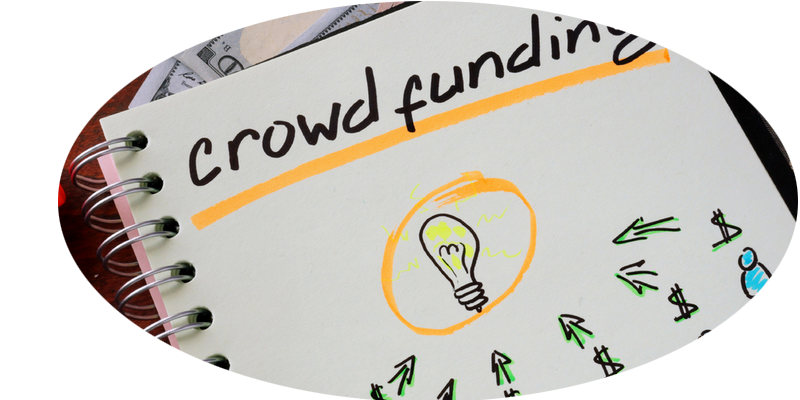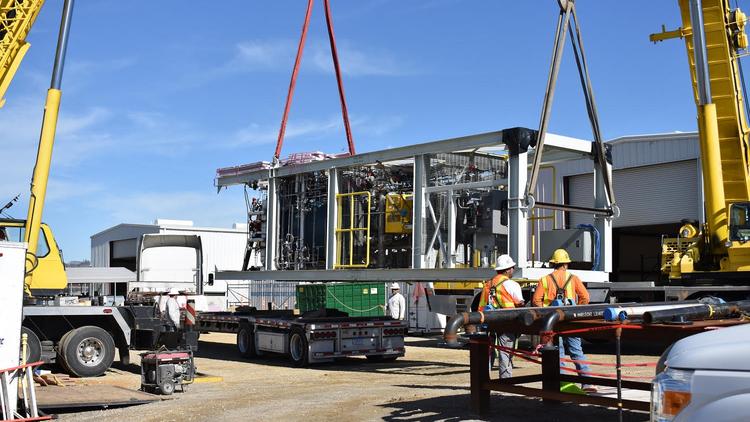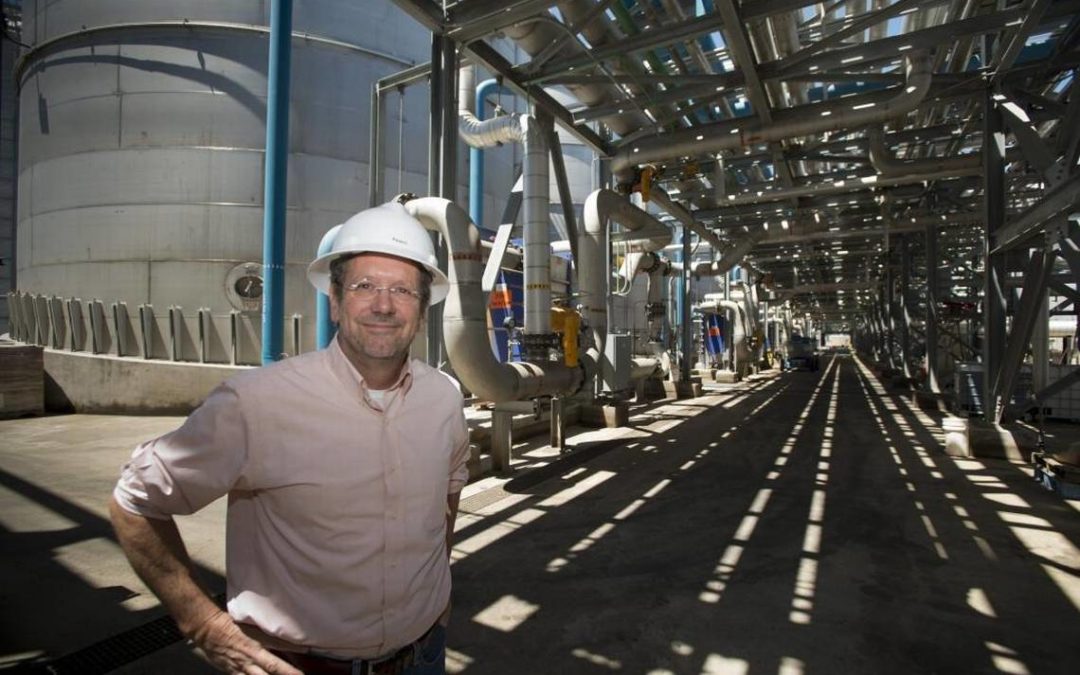
Don’t Discount Equity Crowdfunding
by Thomas Hall
If you have been in any startup community long enough, you have talked to the entrenched stakeholders, venture capitalist, law firms, accelerators, incubators, and the like. All seem to have similar tools to bring a business to success. However, there are more startups than there are groups with tools to help them. A startup may get left out, just because they didn’t have access to the correct tools.
The existing apparatus of funding does what it needs to well. Crowdfunding is not part of the current structure. So startups are not often directed towards crowdfunding. Not because it is ineffective, but because it is a new tool.
Crowdfunding is really just another tool an entrepreneur can use to raise capital. It may be different than traditional methods but it should be considered for the tool belt of an entrepreneur. It doesn’t replace marketing, networks, pitches, or any part of a business. It enhances them, by increasing the potential of your product going big.
In the Equity Market this means a few things:
- Entrepreneurs can access investors they typically would not reach and investors can go outside their networks to invest.
- Increasing smaller investors makes original ownership harder to dilute and results in a smaller risk for investors
- Startups can do several equity deals with one transparent offering, opposed to customized offerings to attract different equity.
- Success means more publicity
If done correctly, crowdfunding can free you of difficult negotiations with large investors, prevent one investor from having too much power, and put your pitch in front of hundreds of investors.
Crowdfunding equity could be a major disruptor of how companies are funded and how new products are brought to market. Not because it is new, but because it enables more people to have more access.
Want to learn more? CleanStart is stepping up to provide help to tech startups that face this money-raising conundrum with a new series of classes launching on June 20th. Leveraging Crowdfunding to Fuel Your Tech Startup

ABOUT THE AUTHOR Thomas is the Executive Director of CleanStart. Thomas has a strong background in supporting small businesses, leadership, financial management and is proficient in working with nonprofits. He has a BS in Finance and a BA in Economics from California State University, Chico. Thomas has a passion for sustainability and a commitment to supporting non-profits in the region.






